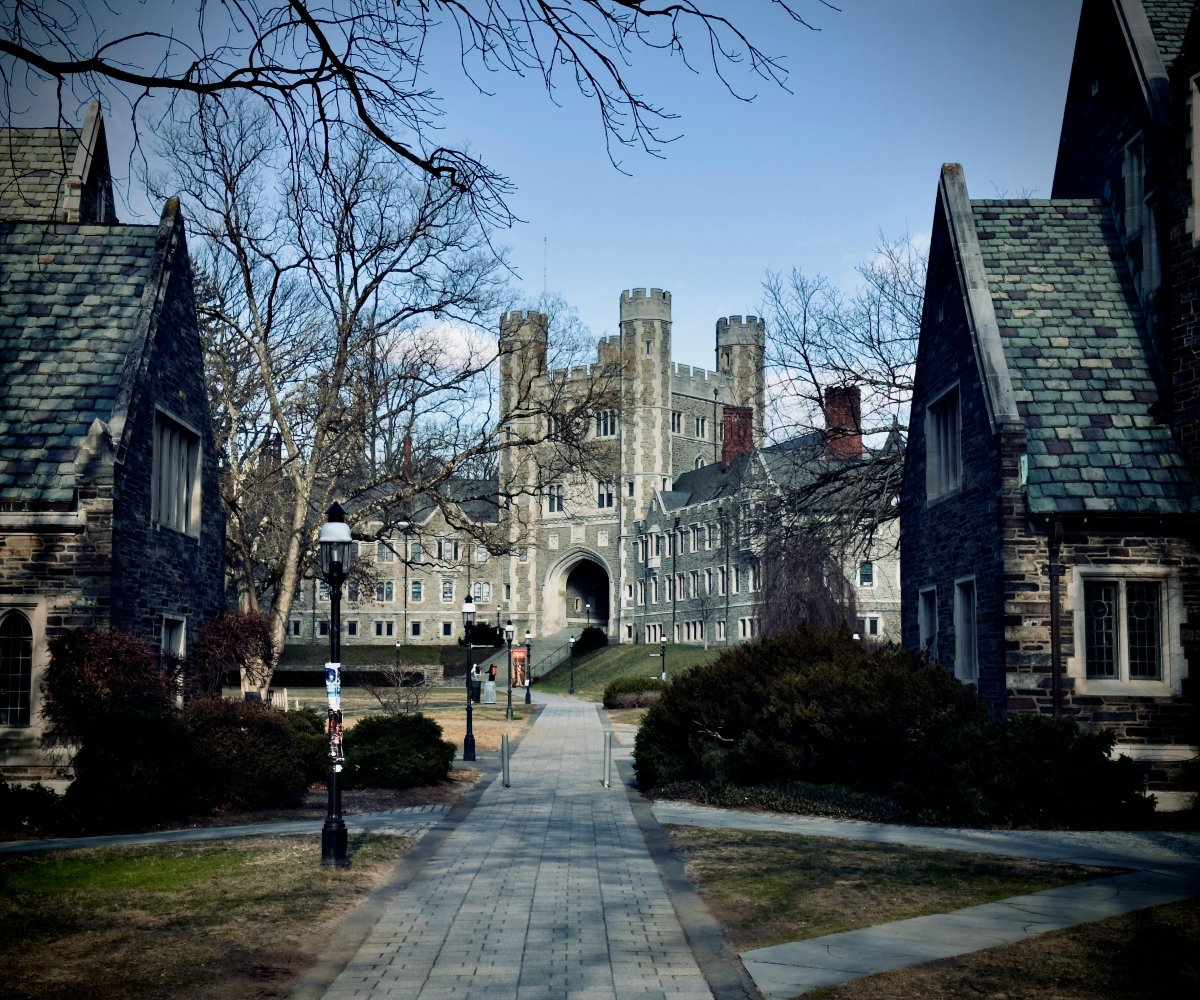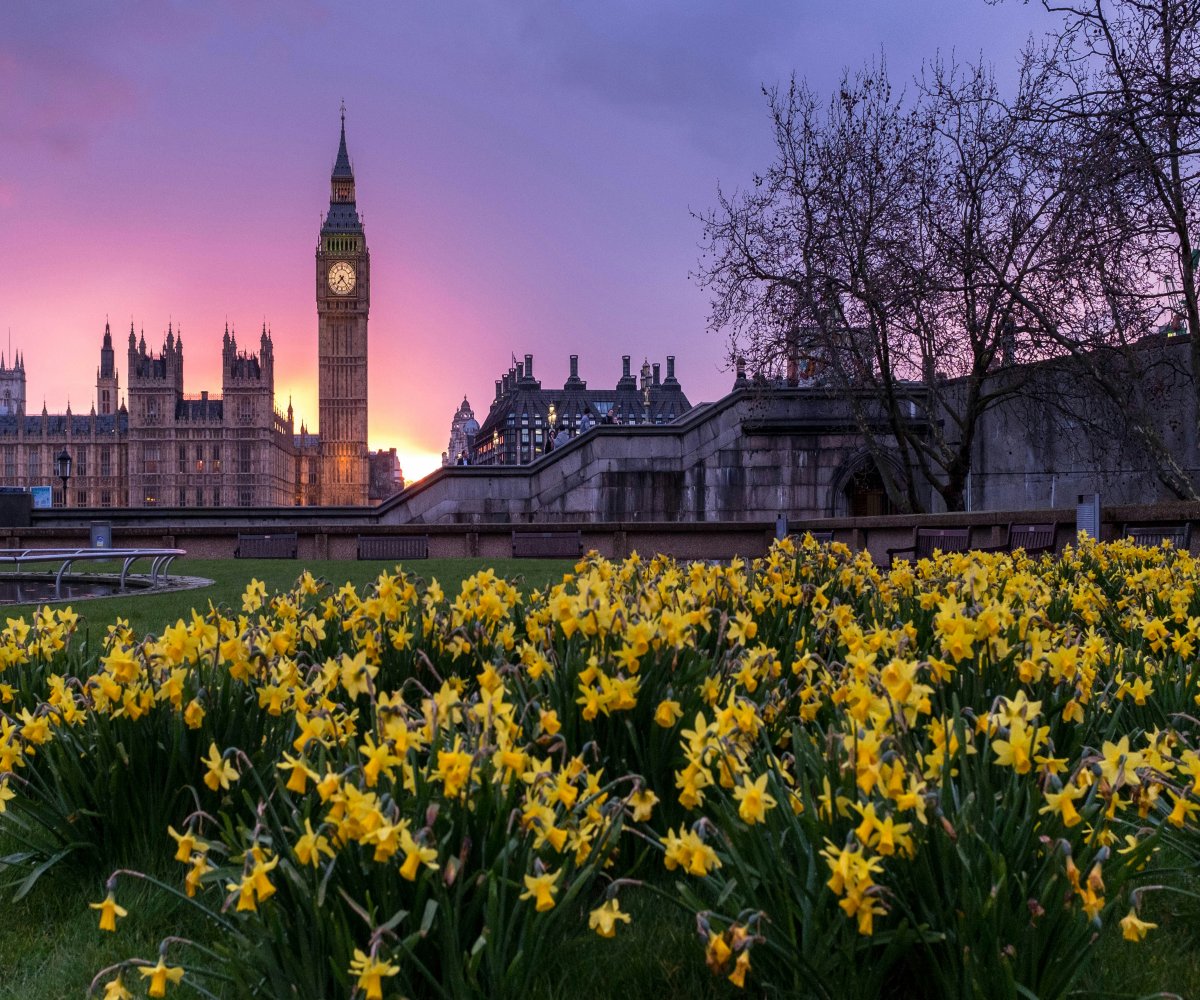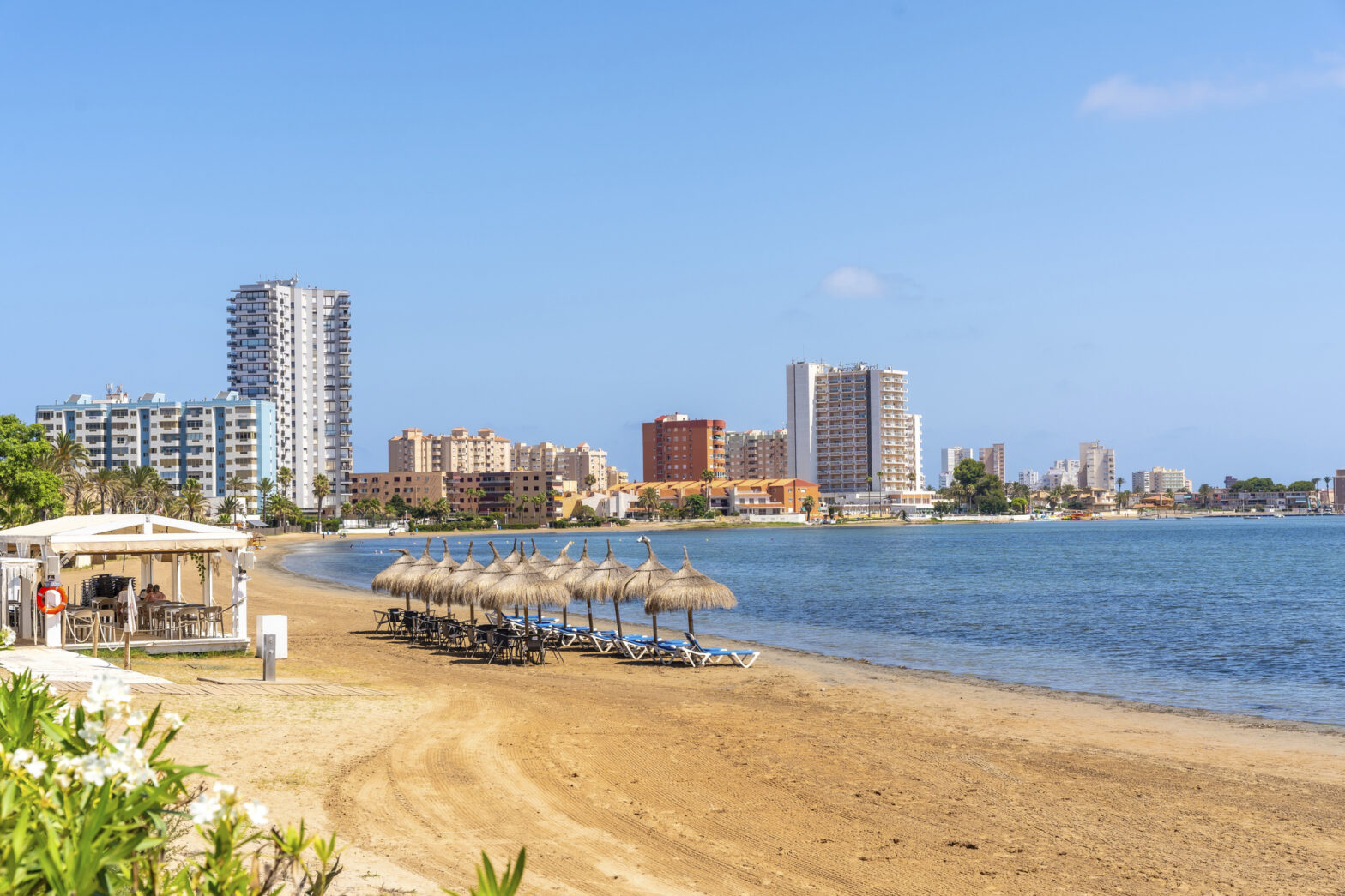The Trump administration has ordered all US embassies and consulates worldwide to stop scheduling new student visa appointments temporarily. Secretary of State Marco Rubio issued this directive on Tuesday through an internal cable obtained by multiple news outlets. The pause comes as the State Department prepares to implement expanded social media screening for all student visa applicants.
Officials confirmed that already scheduled visa interviews will proceed as planned. However, no new appointments will be added until further guidance is provided. This pause may create delays for thousands of prospective international students planning to begin their studies in the United States.
The State Department spokesperson Tammy Bruce emphasized the seriousness of the vetting process. Bruce stated, “We take very seriously the process of vetting who it is that comes into the country, and we’re going to continue to do that.”
Expanding Social Media Surveillance
The new directive warns of “potentially significant implications for consular section operations, processes, and resource allocations.” While specific details about how social media will be screened remain unclear, the move represents an intensification of existing policies. Since 2019, visa applicants have been required to provide social media account information on application forms. But the new measures suggest a more comprehensive review process.
This visa processing halt is the latest in a series of actions targeting international students. Last month, the Department of Homeland Security announced it would screen visa applicants for “antisemitic activity on social media and the physical harassment of Jewish individuals.” The administration has also attempted to ban Harvard University from enrolling international students. A federal judge quickly blocked this policy with a temporary restraining order.
Impact Of US Student Visa Restrictions On American Education
NBC News reports indicate that education experts are concerned about the potential consequences. “International students are not a threat,” said Fanta Aw, CEO of the Association of International Educators, adding that they comprise less than 6% of college enrollment in the United States. “Today’s decision will have a significant impact on international students’ ability to arrive in the U.S. in time for their studies, if they aren’t already discouraged and choose to attend in another country.”
Many universities rely heavily on international students, who often pay full tuition rates and contribute substantially to institutional revenues. These students also form the majority of researchers in specific scientific disciplines at some institutions. Universities nationwide have begun warning their international students about the risks of traveling abroad this summer, fearing they might not be allowed to return to continue their education.





